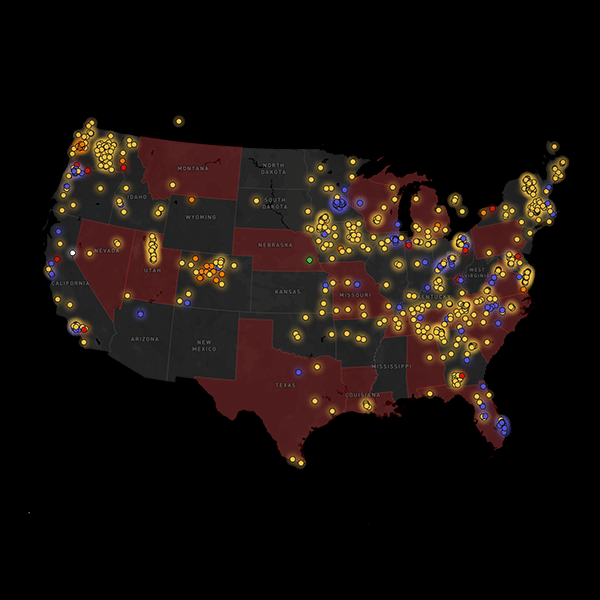Category: Broadband Nation
Capex Investment in U.S. Broadband Infrastructure Is Second-Highest in 22 Years: Report
The $94.7 billion expenditure is the second highest industry capex in 22 years, USTelecom’s “2023 Broadband Capex Report” stated.

USDA ReConnect Program Announces $173M in Broadband Funding
Ten organizations received broadband funding via grants or loans in this fifth round of USDA ReConnect Program awards.

NTCA Joins Effort to Ask Supreme Court to Hear Universal Service Fund Appeal
While Congress gave the FCC authority to levy taxes, the court ruled the Universal Service Fund does not meet Supreme Court’s precedents.

NTIA Releases First Self-Certification List for BABA Requirements
The NTIA released a framework for self-certification and compliance that offers fuller guidance on how to meet the BABA requirements.

Rural Organizations Still Find Flaws in Broadband Reporting
In general, NTCA said, the current broadband reporting process must rely less on figures the marketing departments use to describe coverage.

The Opportunities When You Start at 99%: Connecticut’s State Broadband Director
“We’re not just looking at access,” says Connecticut’s state broadband director. “We’re also looking at adoption and affordability.”
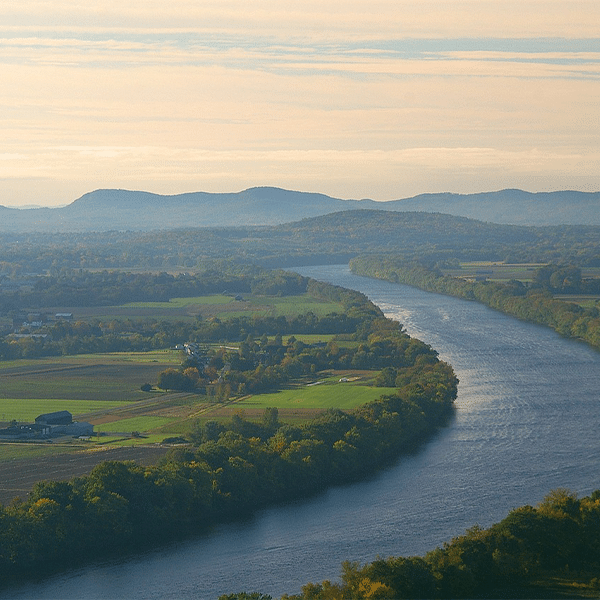
Indiana Program Awards $1.5M for Broadband Expansion
The announcement marked the 11th round of these broadband awards in Indiana. Surf Internet received the lion’s share of the awards.
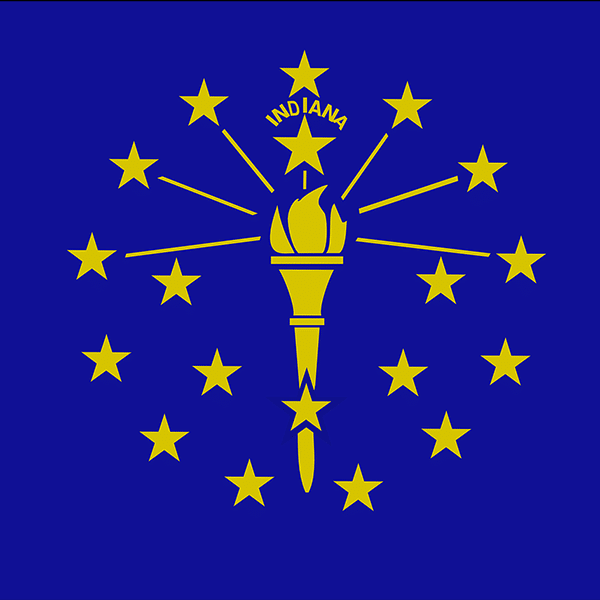
Connecticut Announces $28M in Broadband Grants, Including More Than $21M for Comcast
88 cities and towns in Connecticut, including 26 on the state’s Distressed Municipalities list, will benefit from the broadband awards.
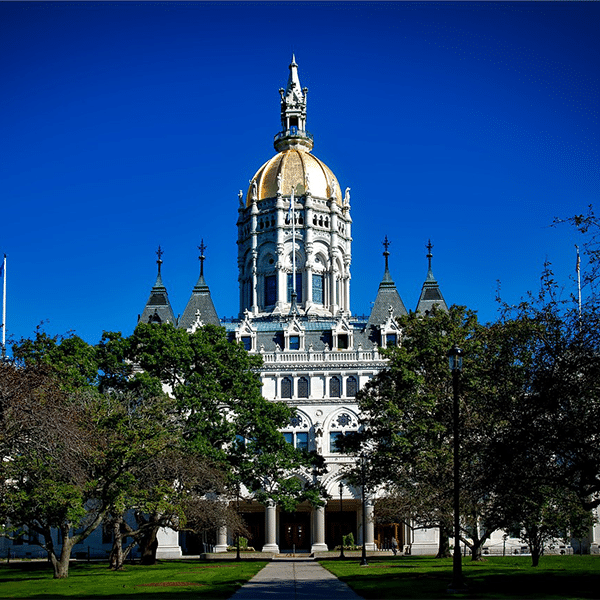
Small Providers Get Lion’s Share of Minnesota Broadband Awards
The broadband grants come from two Minnesota Department of Employment and Economic Development (DEED) programs.

NTIA Receives 700 Applications for $1B Competitive Grant Program Funding
The Competitive Grant Program is intended to help Americans who don’t have adequate broadband service gain the digital skills they need.

Verizon Wins Two of Three CPF Broadband Awards In Rhode Island
Verizon won broadband funding for the Rhode Island communities of Jamestown ($2,071,245) and Westerly ($1,564,635).

Applications to Open Soon for $451.7M Kansas BEAD Program Broadband Funds
The Kansas Office of Broadband Development (KOBD) will open the application process for BEAD funding on October 21.

Small Providers, More Fiber Help Rural Economies: Study
The study found that rural counties with fiber have 213% higher business growth than similar counties with low bandwidth utilization.

Federated Wireless’s Adaptive Network Planner Aims to Ease BEAD Deployments
Federated Wireless says that the CBRS is better suited for BEAD deployments than 5 GHz, 6 GHz or satellite approaches.
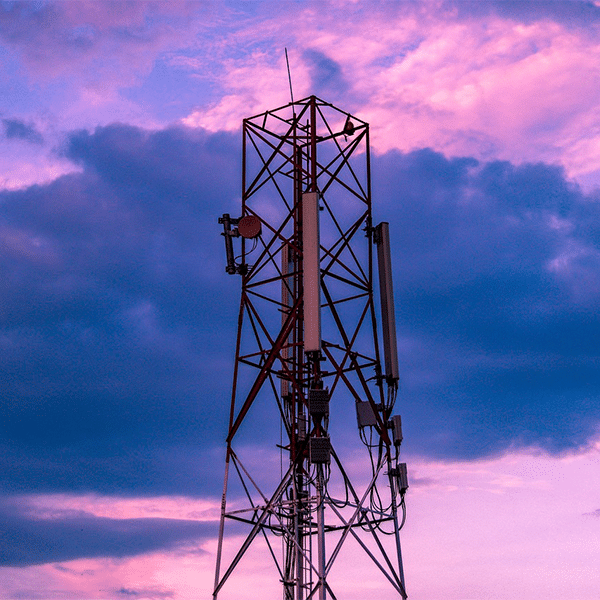
Broadband Director: North Carolina Has an Edge, Thanks to Strong Broadband Heritage
North Carolina already dedicated over $1B to deployment programs, the broadband director told us. Another $1.5B is on its way in BEAD funds.
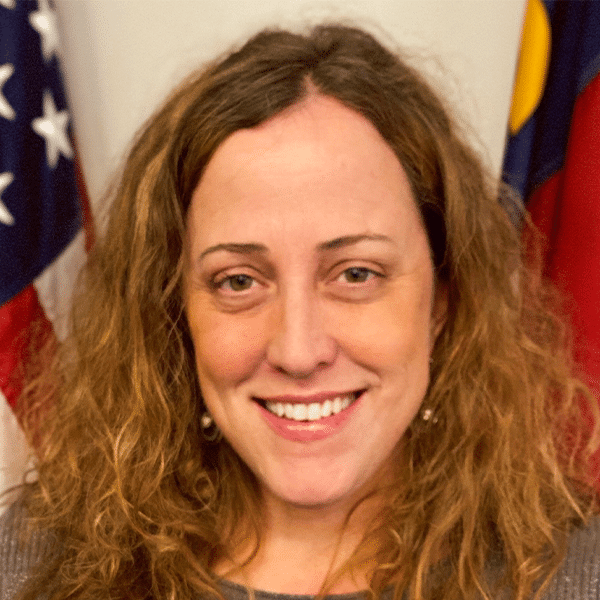
Oklahoma Board Approves Over $158M in Grants for Broadband Projects
The projects will bring broadband service to over 28,000 homes and businesses spanning 28 counties in Oklahoma.

California Approves $172M in Broadband Funds for AT&T, Tribes, Counties, and Smaller Providers
If approved, the California broadband funds totaling $174.4M would go to 10 entities for 15 fiber broadband projects.
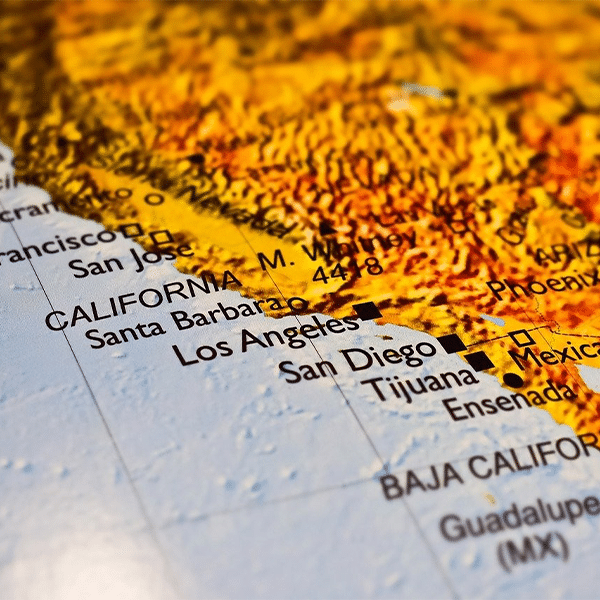
Windstream, Six Others Slated to Share Millions in Nebraska Broadband Funding
The Nebraska broadband funding came through the state’s Universal Service Fund program, which awards funding through a reverse auction.
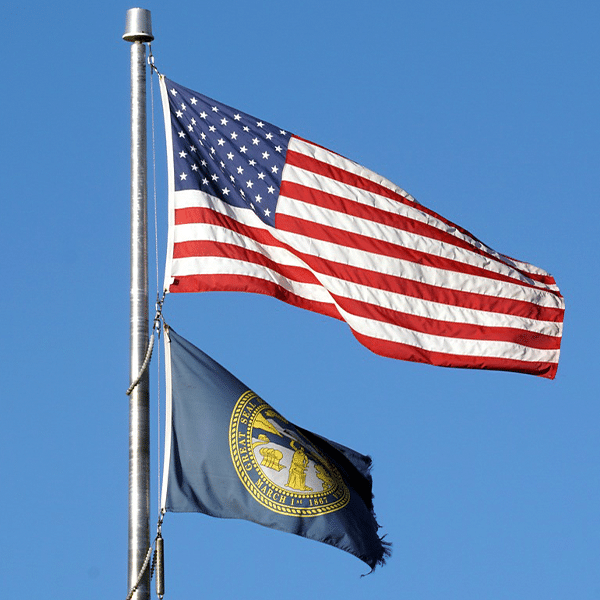
DWDM Vendor XKL Confirms BABA Compliance
BABA rules dictate that BEAD subgrantees must have as much infrastructure built by American companies — like XKL — as possible.

Charter Awards $1.3M in Digital Equity Education Grants
The funds were awarded through Charter’s Spectrum Digital Education program, which has award more than $10 million since 2017.

BEAD Alternative Technology Advocates Call for “Right Tool for Right Job”
The draft policy clarifies that BEAD would cover alternative technologies when no fiber or “reliable broadband” proposals are on the table.

“We Take ‘Internet for All’ Seriously”: Alaska’s Broadband Director on Getting to 100%
Thomas Lochner’s early experiences in the broadband industry gave him an appreciation for the unique challenges Alaska faces.

Spectrum Wins Big as Alabama Awards $42M in Broadband Funds
The projects will cover nearly 2,350 miles across Alabama and are expected to provide broadband availability to more than 15,000 locations.

ILSR Releases Interactive Map of Municipal Broadband Networks, Showing Their Growth
The map pinpoints the location of municipal broadband networks and offers a graphical, interactive illustration of emerging trends.
